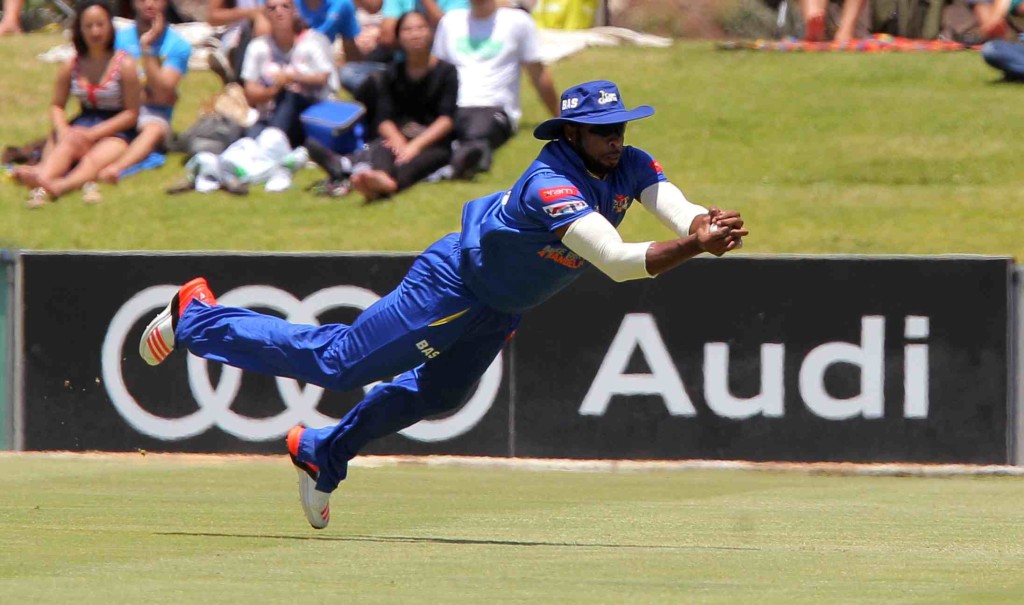All-rounder Kieron Pollard has now been granted a No-Objection Certificate to play in the T20 Challenge, two days after he had not been given one.
WICB chief executive Michael Muirhead made the controversial move to levy a 20% contract fee for any West Indian player who wanted to play in an overseas league.
Pollard was told he would not be granted the NOC until the WICB had received ‘acceptance of our position’ from the various boards which feature Caribbean players in their domestic T20 tournaments.’
The West Indies international, who signed a two-year contract with the Cape Cobras, was scheduled to leave for South Africa on Tuesday, with the tournament set to get underway on Saturday.
According to ESPNCricinfo.com, Muirhead said the board had not intended to completely deny the NOC and had apologised for the delay.
‘That is what we said in our letter to Mr Pollard,” Muirhead said. ‘We apologise for the delay because we usually do it quite quickly, but we were awaiting some response from the cricket boards.’
In the first letter to Pollard, Muirhead said he could not be granted the NOC until the overseas boards responded. ‘This morning we got some responses and we have agreed to continue to discussions,’ he said. ‘They are not in total agreement. But in principle they understand that everything is on the table and we now have their attention. We thought prudent hence to grant all NOCs that were pending.’
Chairman of FICA and SACA CEO, Tony Irish, voiced his concerns about the whole issue, saying that the move is arbitrary and unjustified, given that Pollard is not even contracted to the WICB, having been controversially dropped for the tri-series in Zimbabwe, scheduled for later this month
‘We have made it very clear to all the boards that any restrictions placed on players are likely to constitute restraint of trade and there challengeable legally,’ Irish said. ‘In the case of Kieron, he is not even contracted by the WICB. Therefore their attempt to levy 20% in exchange for the NOC effectively imposes a restriction on freedom of movement.’
Photo: Petri Oeschger/Gallo Images







